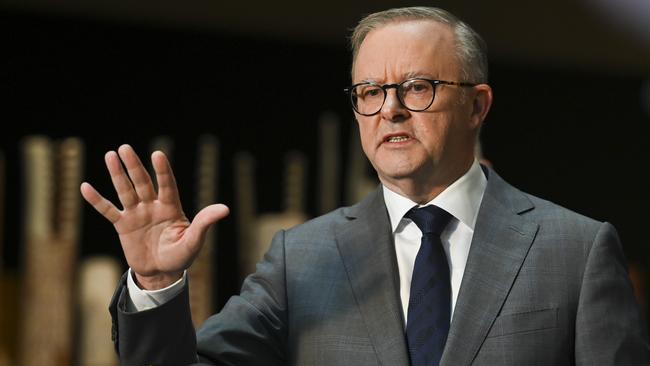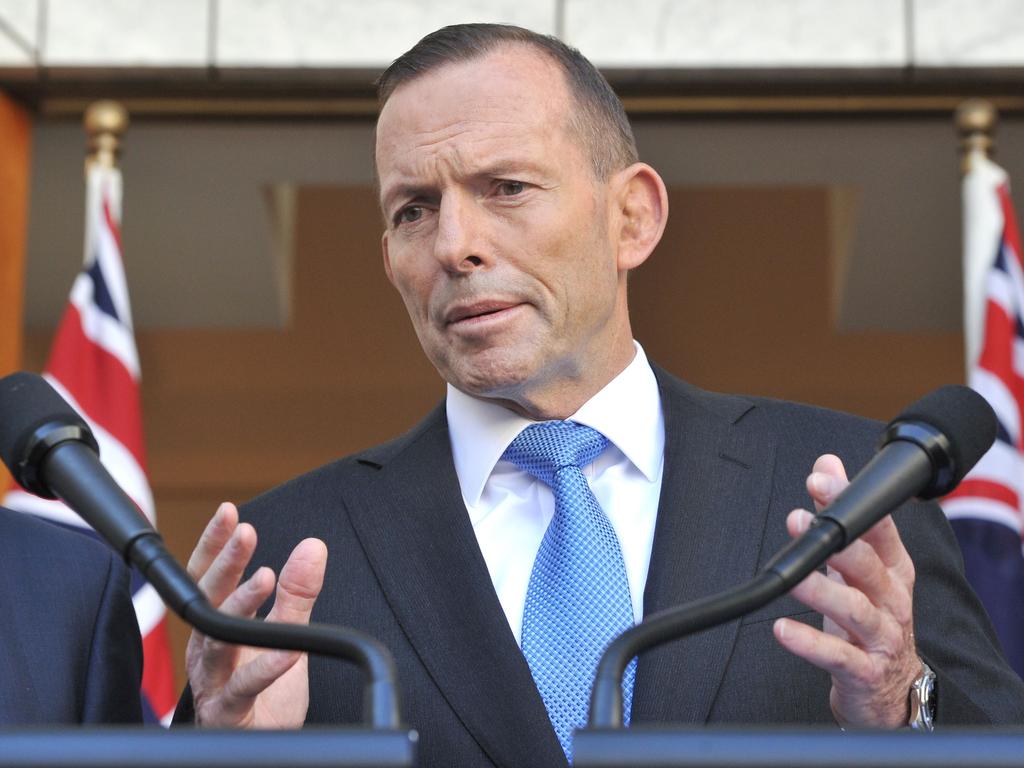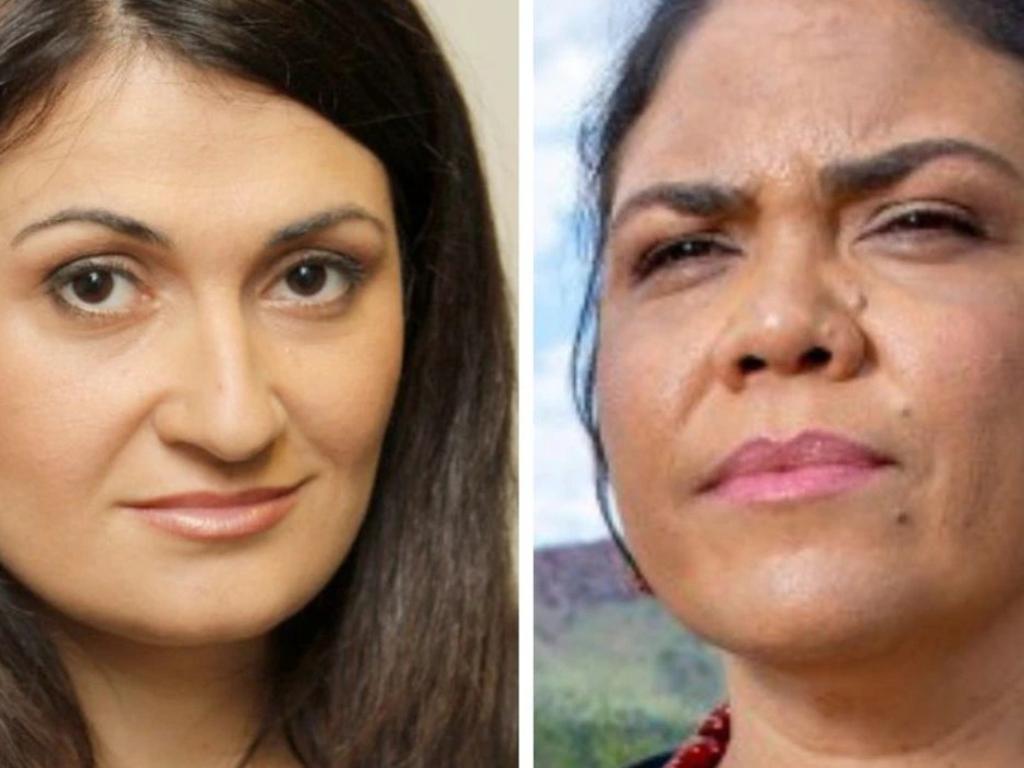As Sydney University emeritus Professor of Constitutional Law Anne Twomey wrote for The Conversation on April 6, there remains much in common between the latest policy for local and regional voices adopted by Opposition Leader Peter Dutton on April 5 and the federal voice supported by Prime Minister Anthony Albanese. Advocates for the national voice have supported local and regional voice representation for a decade.
It should be possible to oppose the national voice without being called a racist. Abuse should not be hurled at people concerned about potential unintended consequences of a voice for a system of government that has served the nation well.
Yet in some of the left media – and particularly the ABC, the Channel 9 papers and the Guardian – those expressing concerns about the voice are written off as not acting in good faith. Conversely, in parts of the right-wing media, voice supporters are accused of betraying the principles of liberal democracy.
They are berated daily as supporters of a reform they claim “divides Australia by race”.
It is a big leap intellectually to argue the nation’s poorest people with the highest infant mortality rates, highest imprisonment rates and lowest life expectancy will end up with more rights than the 97 per cent of non-Aboriginal Australians because of an advisory role for the voice.
And rights connected with race already exist: the right to unalienated land title that only Aboriginal Australians can claim under the High Court’s Mabo and Wik decisions.
A wild scare campaign in the 1990s suggested these would destroy Australia’s land tenure system and confer unearned privilege on Aboriginal claimants.
Yet Native Title has produced very little benefit to title holders and done very little damage to farming and mining.
This column on August 7 last year criticised media voice advocates who had clearly never read the 270-page voice report commissioned by former aboriginal affairs minister Ken Wyatt under the previous Coalition government. The piece signalled concern about the scope for the voice sought by authors Tom Calma and Marcia Langton. On pages 150 to 155 the report says the voice should be able to make representations on any issues since all government decisions concern Aboriginal people. It makes clear on page 150 the voice should provide advice to both parliament and the government of the day.

That column doubted voters would support such a broad scope for the voice and took aim at Foreign Minister Penny Wong’s pre-election outline of her thoughts about a planned Aboriginal foreign policy and a First Nations ambassador.
The Calma-Langton report specifies the “voice should have scope to take on a role in … international forums”.
Many journalist voice advocates and the Prime Minister in the following months played down the potential for the voice to make ambit consultation claims.
They rejected suggestions by this paper’s Janet Albrechtsen that the voice could entangle governments in High Court cases. They described perfectly reasonable calls for more detail about voice operations as tactics to derail the referendum.
Yet this year Cape York leader Noel Pearson and Langton have specifically defended a possible role for the voice in all policy areas and suggested there should not be concern about the “justiciability’’ of voice submissions because appeals to the courts are the natural operation of the political system. The government had been saying the exact opposite for months.
Forget too retrospective qualms by constitutional conservatives Greg Craven and Julian Leeser who had until recently supported the voice and dismissed any voice criticisms. Both flipped this year on the issue of voice representations to executive government. Yet the Calma-Langton report had outlined wide scope for the voice right back in July 2021.
Here lies the real danger for Albanese and voice supporters. Australians are a practical people who want to see First Australians do better. They would probably support a voice that gave Aboriginal Australians a say in policies specifically directed at Aboriginal issues. They would no doubt support a factual recognition in the Constitution that this land was settled before the British arrived.
But they will surely heed voice opponents such as this paper’s Paul Kelly, Greg Sheridan and Albrechtsen if they suspect the voice will get powers to advise governments in all aspects of public policy. Think climate change, tax policy and foreign affairs for starters.
While a successful voice referendum will damage Dutton, failure because the government would not negotiate voice details could prick Albanese’s leadership bubble in the way backflipping on climate change did to former Labor PM Kevin Rudd in 2010. Albanese will rightly be held responsible if the referendum goes down because the electorate suspects – rightly or wrongly – that the voice could end in New Zealand-style co-governance.
Who can blame Aboriginal political activists for trying to redress hundreds of years of dispossession by trying to win as much power as they think they can under a new left-wing Prime Minister? And who can really support constitutional Recognition but argue Aboriginal people should not have a say in what that means?
But history would surely judge Albanese harshly if either the voice failed for lack of consultation or succeeded only to prove far more powerful – and disruptive to good government – than Albanese suggested.
Here the media needs balance. Voice campaigning has already taken a toll on media credibility.
Many journalists who had previously accused Leeser of trying to derail the voice by seeking more details from the government suddenly backflipped last week and treated Leeser as a hero.
The former opposition spokesman on Aboriginal affairs and attorney-general issues resigned from the front bench on Tuesday to campaign first for changes to the referendum proposal by Albanese and then for a yes vote.
Just as hypocritical was hysterical criticism by some conservatives of Leeser’s resignation. Liberals have always been free to dissent on issues of conscience. Sure there is a logical flaw in Leeser arguing Albanese’s referendum is flawed and must be changed but saying he will campaign for it even if it is not changed.
But some Leeser critics need to remember former leader John Howard’s description of the Liberals as a broad church coalition of social conservatives and economic liberals. Founder Sir Robert Menzies, three-term PM Malcolm Fraser, opposition leaders Andrew Peacock and Brendan Nelson and former Howard deputy Peter Costello were never conservatives in the sense used on Sky News today.
For the sake of the nation and its most vulnerable people, Leeser and others attempting to sway Albanese and his Indigenous voice advisers should be encouraged.
Australians should be given the opportunity to vote on a referendum they could support safely knowing it would not damage the country.
The present strategy built on moral coercion is failing.
National polling is clear in its ebbing support for the referendum.








Polarised media coverage of the proposed Indigenous voice to parliament suggests many journalists have forgotten both sides of politics have been working on Indigenous recognition for two decades.